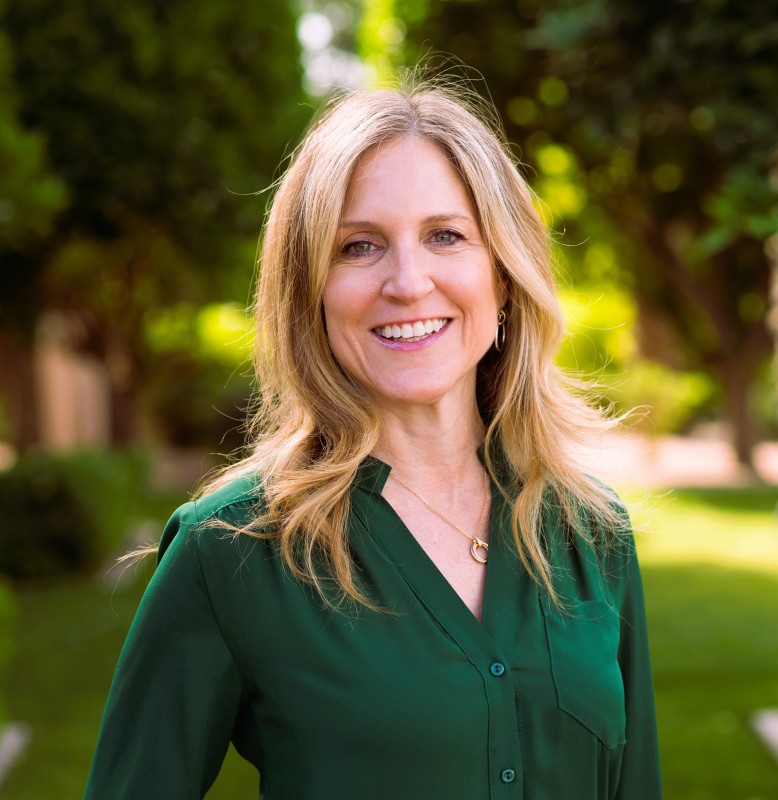Elon Musk Is Synonymous with Tesla. Is that Good or Bad for Shareholders?

Does Elon Musk control Tesla? It seems like a silly question. The answer is obviously yes: Musk isn't just the CEO of Tesla—he's its self-declared “Techno-King.” But Tesla is publicly traded and no single person is supposed to have unchecked control in a public company—which is how that question became a crucial one in a momentous Delaware court decision.
The Delaware judge, Chancellor Kathaleen McCormick, concluded Musk does control Tesla. She threw out $55 billion in Musk's compensation and raised concerns about his dominance over the company he has made legendary. As she put it in the opening words of her opinion: "Was the richest person in the world overpaid?" Spoiler alert: Her answer was yes.
The ruling was unusual. For a public company, one that trades on the stock exchanges, a board of directors sets the pay for a CEO and monitors the CEO's performance. That board is supposed to include some independent directors who aren't tied to the company or its CEO. But McCormick found that Musk essentially set his own pay. As for the board that should have been checking his power?
"These people really weren't independent of Musk," says Deb Lifshey, a managing director at Pearl Meyer, a company that advises boards on executive compensation and leadership.
Musk himself sits on the board, as does his brother, Kimbal. They obviously are not independent, and both recused themselves from the vote on the pay package. But the key decision-makers were entangled, personally and financially, with Musk and Tesla. "They were friends. They went to each other's weddings. They vacationed together," Lifshey said, summarizing the court's findings.
